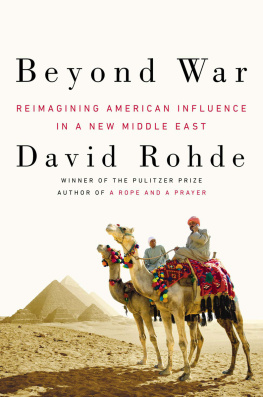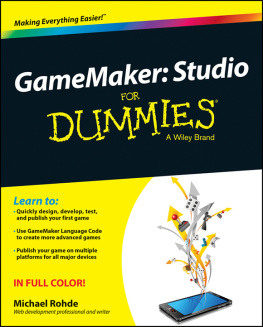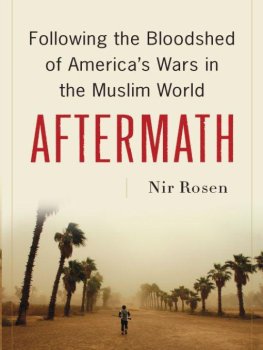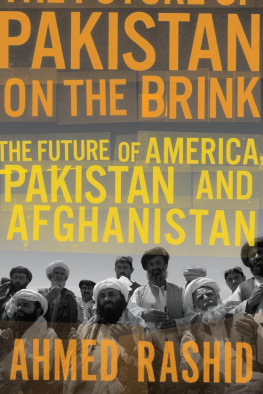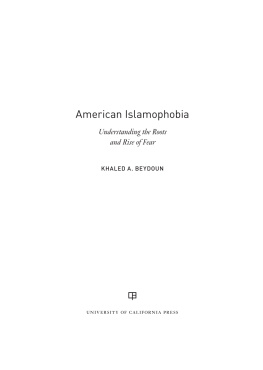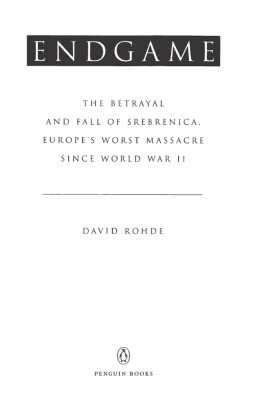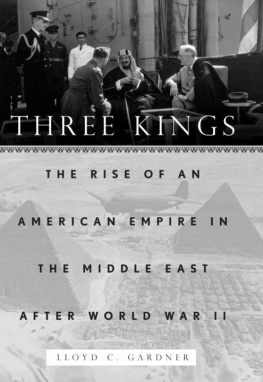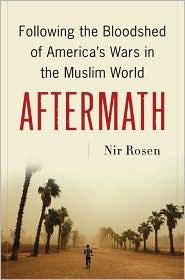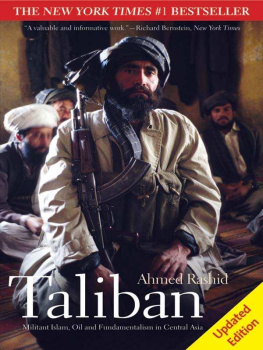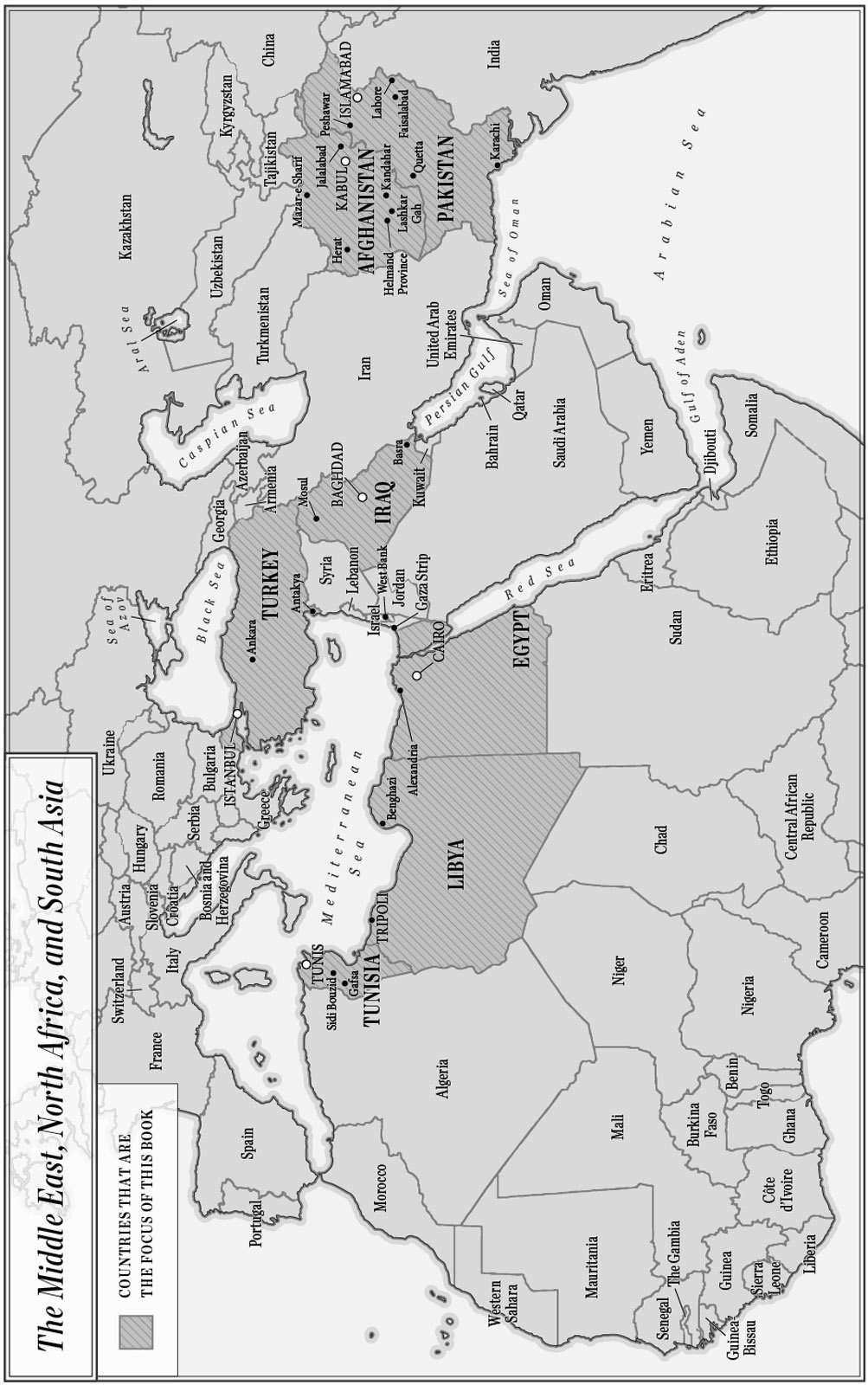F or personal reasons, I limited my travel while researching this book. In 2008, two Afghan journalists and I were kidnapped by the Taliban outside Kabul, taken to the tribal areas of Pakistan, and held captive there for seven months. Out of deference to the concerns of my family, I have not traveled to Afghanistan, Pakistan, Libya, or Egypt since the kidnapping. A list of the many journalists whose reporting, insights, and analysis from those countries this book relies on is in the acknowledgments, endnotes, and bibliography. I am enormously grateful to them for their intelligence, bravery, and outstanding work. Any and all mistakes, errors, and omissions in the pages that follow are wholly my own.
INTRODUCTION
O n September 11, 2012, the American ambassador to Libya and three other Americans were murdered. A bizarre American-made amateur video that portrayed the prophet Muhammad as a libidinous child molester sparked anti-American protests across the Islamic world. The conflict in Syria raged. And Israeli leaders talked of preemptive military strikes against Irans nuclear program.
To Americans, the Middle East seemed as inimitably volatile, radicalized, and anti-American as it did on September 11, 2001. Despite the sacrifice of sixty-six hundred American lives in Iraq and Afghanistan , the region seemed as unstable as ever. Reeling from economic problems at home, exasperated Americans wanted as little to do with the region as possible.
This book is an effort to describe a new, more pragmatic, and more effective American approach to the Islamic world. I believe that a more economic and less military-oriented effort will achieve more than the invasions of Iraq and Afghanistan did. In some instances, drone strikes, covert operations, and lethal force may be necessary, but investment, education, and normalized relations are equally potent weapons. We must develop a more multifaceted understanding and approach to the region.
The murders of Ambassador Chris Stevens and three other Americans in Libya were part of a historic struggle between moderates and hard-liners over the future of Islam. Its outcome will affect the United States, its allies, and the global economy for decades.
Intensive media coverage of violent anti-American protests distorts American views of the Arab Spring. The Arab world is not a monolith. Nor are the worlds 1.6 billion Muslims. In the weeks after the murder of the four Americans, tens of thousands of Libyans protested against the killings, apologized to the United States, and demanded that militias disarm. In public opinion surveys, clear majorities in Egypt, Tunisia, Turkey, and Pakistan called for democracy and personal freedomsand Islam.
The polling matched my experience in a decade of reporting across the region since 2001. Arabs and South Asians said they did not want to be dictated to by Americans. Nor did they want militants to impose an extreme version of Islam on them. Instead, they yearned for a third way where their countries could be both Muslim and modern.
In Tunisia, Libya, and Egypt today, young people long for American high-tech investments, trade, and education. Public opinion surveys show an admiration for American technology, pop culture, democratic ideals, and . They also show a deep suspicion of Americas intentions in the Middle East and its commitment to democracy.
In its second term, the Obama administration should publicly ally the United States with Arabs and South Asians who support and abide by democratic norms, oppose violence, and uphold international human rights laws, whatever their faith. The core focus of American policy in the region should be finding ways to quietly, consistently, and effectively strengthen those groups over the long term. The most potent long-term weapon against jihadists is moderate Arabs and South Asians, not American soldiers.
* * *
The process will not be easy. American policy makers must learn to differentiate among opaque organizations and movements. The Muslim Brotherhood and other Islamist political parties that won elections in Egypt and Tunisia are not ideal. But our true enemiesand theirsare violent Salafist militants.
Across the region, twin imperatives should guide American policy. Terrorist groups should be targeted but economic growth must be fostered as well. Today 60 percent of the Middle Easts population are under the age of thirty. If they are to be gainfully employed, , according to the International Monetary Fund.
Change is also needed at home. Over the next four years, it is vital that the Obama administration revamps and revitalizes Washingtons archaic foreign policy apparatus. From 2001 to 2009, I covered Afghanistan, Pakistan, and, to a limited extent, Iraq for the New York Times. During that period, Washingtons outdated reliance on military force and its weakened civilian agencies severely limited its efforts. While numerous books have focused on the post-9/11 American military and intelligence efforts, the first half of this book will examine the over $67 billion the United States spent on civilian aid programs in Afghanistan, Iraq, and Pakistan. Between 2001 and 2011, tens of thousands of Americans implemented a civilian effort designed to promote economic growth, build infrastructure, improve governance, strengthen institutions, expand education and health care, foster civil society, and train local police, judges, journalists, and human rights advocates.

